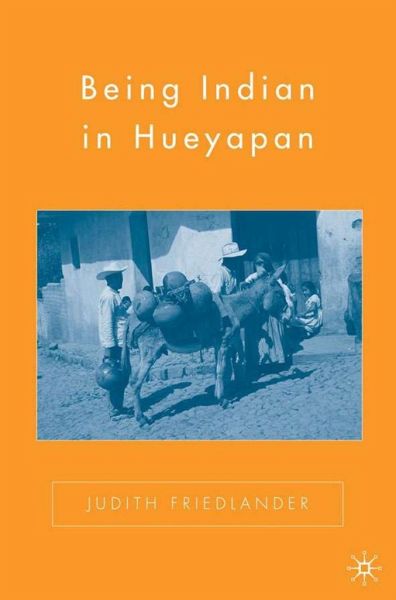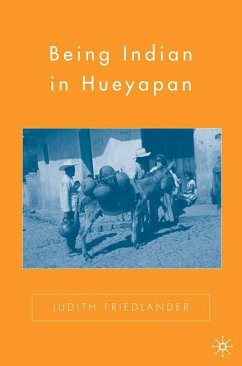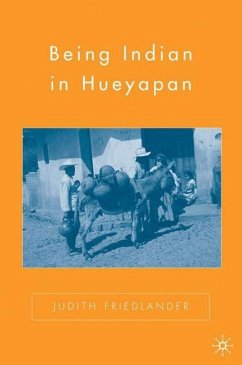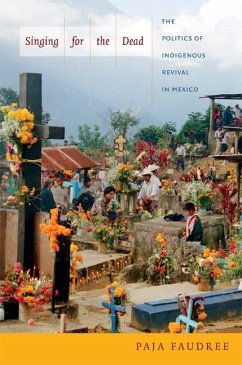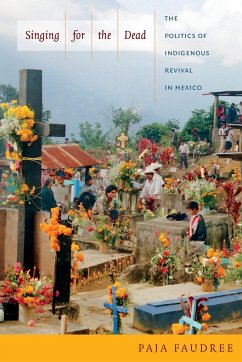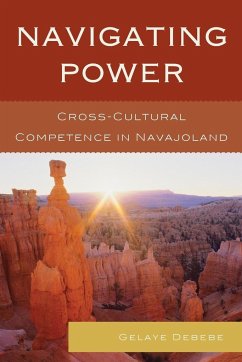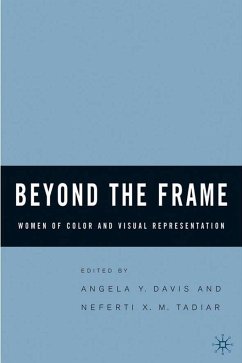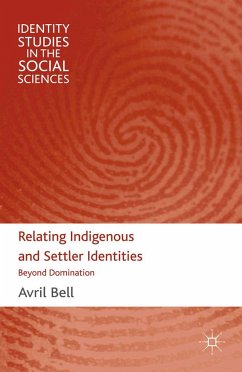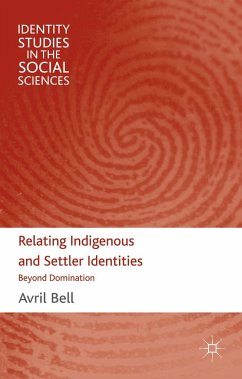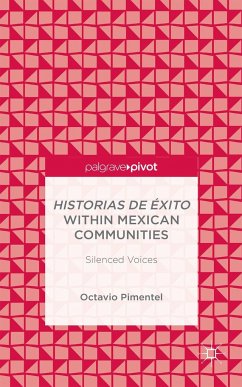'When I read this book in a graduate seminar in 1982, it provoked passionate debate and critical engagement. How to gauge the cumulative ideological influence of colonialism, state building, and other powerful forces on the meaning of Indianness, and the socio-economic place of indigenous peoples, in Mexico? How to fully register this influence, without neglecting the generative processes of indigenous self-making and resistance? Especially with the new final chapter on neoliberal multiculturalism, Friedlander's answers to these questions are just as provocative, timely and vital to consider now as they were 25 years ago. There is no higher praise that can be bestowed on social science research than to affirm its longevity, its ability to
link empirical particularity to the enduring, big picture problems of our times. Being Indian in Hueyapan is richly deserving of this praise.' - Charles R. Hale, University of Texas at Austin; President of the Latin American Studies Association 2006-07
'This is a very instructive book on one of Mexico's old, poor, now mostly trashed villages, the kind that urbane Mexicans keep reinventing as 'Indian,' or 'indigenous,' and keep exploiting however they can. In a poignant revision it combines the author's original work of 1969-70 (when she was 25), her mature reflections on her work and the village now, particularly the family she loved there and its new generations, and her critical take on self-serving anthropology, American andMexican. It carries sharp, strong arguments about the meaning of 'being Indian,' or 'indigenous,' and the confusion in Mexico (but not only there) over nationalism, ethnicity, belonging, and alienation, 35 years ago and now. It makes you see power's continual resort to 'culture' to justify exploitation.' -John Womack, Harvard University
